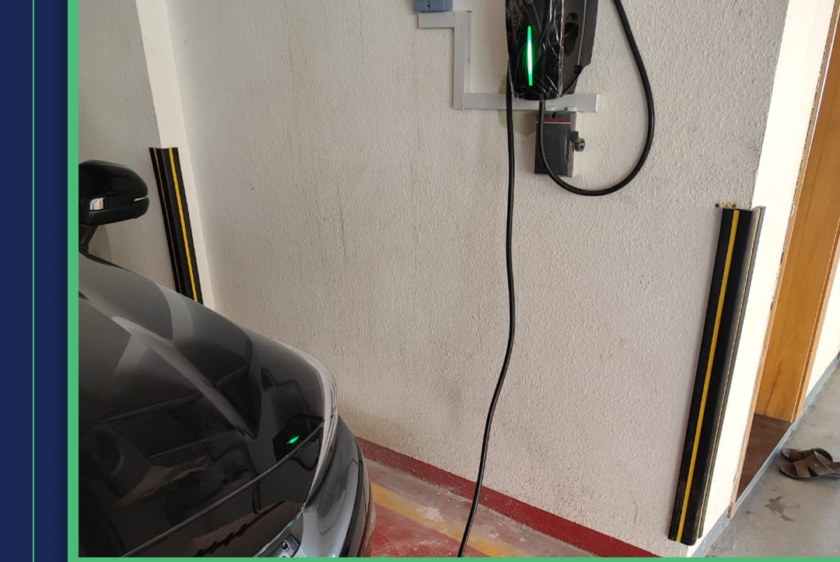The debate between gas vs electric cars is more relevant than ever in 2025. With advancements in battery technology, expanding charging networks, and shifting environmental policies, consumers face a complex choice.
This guide explores every aspect of the gas vs electric cars debate, including:
- Fuel efficiency (MPG vs. MPGe)
- Environmental impact (emissions, sustainability)
- Charging infrastructure vs. gas stations
- Cost comparison (upfront price, long-term savings)
- Performance & reliability (Tesla vs. traditional gas cars)
- 10 reasons why gas cars are better than electric (and counterarguments)
By the end, you’ll know which is better—gas or electric cars for your needs.
The Rise of Electric Vehicles (2025 Update)

Electric vehicles (EVs) have surged in popularity due to:
✔ Better battery tech (faster charging, longer range)
✔ More charging stations (Tesla Superchargers, Electrify America)
✔ Government incentives (tax credits, rebates)
However, gas cars still dominate because of:
✔ Familiarity & convenience (gas stations everywhere)
✔ Lower upfront cost (despite long-term EV savings)
✔ Performance in extreme weather (EV batteries can struggle in cold climates)
Gas vs Electric Cars: Key Stats (2025)
| Factor | Gas Cars | Electric Cars |
|---|---|---|
| Fuel Efficiency | 25-35 MPG | 100+ MPGe |
| Range | 300-500 miles | 250-400 miles (improving) |
| Refueling Time | 5 minutes | 30 min (fast charge) to 12 hours (home charge) |
| Upfront Cost | 25K50K | 35K70K (before incentives) |
| Maintenance Cost | Higher (oil changes, engine parts) | Lower (fewer moving parts) |
Fuel Efficiency: MPG vs. MPGe
Why Electric Cars Win on Efficiency
- EVs convert 77% of energy to power, while gas cars only use 12-30%.
- Example: A Tesla Model 3 (134 MPGe) vs. Toyota Camry (32 MPG).
- Electricity is cheaper than gas—saving 800−1,200/year for average drivers.
But Gas Cars Still Have Advantages
✔ No range anxiety (500+ miles on a tank)
✔ Faster refueling (5 min vs. 30+ min for EVs)
Emissions & Environmental Impact
Electric Cars Are Cleaner… But Not Perfect
- Zero tailpipe emissions = better air quality in cities.
- Battery production has a carbon footprint (mining lithium, cobalt).
- Charging with renewable energy (solar/wind) maximizes benefits.
Are Gas Cars Really Worse for the Environment?
- Gas cars emit CO₂, NOx, and particulates, contributing to climate change.
- Hybrids offer a middle ground (better MPG, lower emissions).
Charging Infrastructure vs. Gas Stations
EV Charging in 2025: Still a Challenge?
✔ More public chargers (Tesla, ChargePoint, Electrify America).
✔ Home charging is convenient (overnight charging).
❌ Rural areas still lack infrastructure.
Gas Cars: The Convenience Factor
- Gas stations everywhere (no waiting for a charge).
- No battery degradation (EVs lose range over time).
Cost Comparison: Gas vs. Electric Cars
Upfront Price (2025 Update)
- EVs cost 5 K- 15 K more than comparable gas cars.
- Tax credits (up to $7,500) can reduce the gap.
Long-Term Savings
| Cost Factor | Gas Cars | Electric Cars |
|---|---|---|
| Fuel (Annual) | 1,5002,500 | 5001,000 |
| Maintenance (5 Years) | 4,0006,000 | 1,500−3,000 |
| Battery Replacement | N/A | 5K−15K (after 8-12 years) |
Winner? EVs save 6 K- 10 K over 10 years for most drivers.
10 Reasons Why Gas Cars Are Better Than Electric (Debunked?)
- Longer range (500+ miles vs. 300-400 for EVs).
- Faster refueling (5 min vs. 30+ min).
- More model choices (SUVs, trucks, sports cars).
- Better for road trips (no charging delays).
- Lower upfront cost (even with incentives).
- No battery degradation (EVs lose range over time).
- Works in extreme cold (EV batteries lose efficiency).
- No home charging needed (apartment dwellers struggle with EVs).
- Performance tuning (gas engines are easier to modify).
- Sound & feel (some drivers prefer engine noise).
Counterarguments:
- EVs are catching up in range, charging speed, and affordability.
- Self-driving tech favors EVs (Tesla’s Full Self-Driving).
Tesla vs. Gas Cars: Who Wins in 2025?
- Tesla’s lead in battery tech (4680 cells, 400+ mile range).
- Supercharger network (fastest charging in the world).
- But… legacy automakers (Toyota, Ford) are catching up.
The Future: Will Gas Cars Be Banned?
- EU & California plan to ban new gas cars by 2035.
- EV adoption is rising, but gas cars will remain for decades.
Final Verdict: Which Should You Buy?

✅ Buy an EV if:
✔ You want lower fuel & maintenance costs.
✔ You have home charging or live in a city with good infrastructure.
✔ You care about environmental impact.
✅ Stick with gas if:
✔ You drive long distances frequently.
✔ You live in a cold climate (battery performance drops).
✔ You don’t have reliable charging at home/work.
Need Help Deciding?
📞 Contact our experts at QuikRev for personalized advice on gas vs electric cars!





